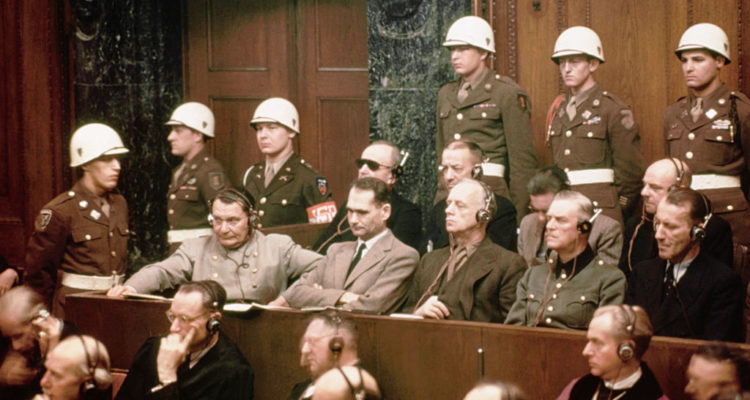After World War II, global diplomatic efforts sought to create a new international order that would prevent the world from descending into war, chaos and anarchy again. A major part of that project was to refine the international legal order by establishing tribunals to prosecute war crimes. Hearings held in Nuremberg and Tokyo established that aggression is the ‘supreme international crime’—one for which leaders from Nazi Germany and imperial Japan were sentenced to death.
The Nuremberg Tribunal’s judgment was very clear on this point: ‘To initiate a war of aggression is not only an international crime; it is the supreme international crime, differing only from other war crimes in that it contains within itself the accumulated evil of the whole.’ Since then, the international order has rested on the territorial integrity of states. To challenge this core principle with a violent act of aggression—the supreme international crime—is to put the entire world at risk of sinking into disorder, chaos and war.
In a resolution adopted on 2 March, the United Nations General Assembly condemned Russia for committing precisely this offence. Viewing Russia’s invasion of Ukraine on 24 February as an act of aggression, the resolution demands that Russia ‘immediately, completely, and unconditionally withdraw all of its military forces from the territory of Ukraine within its internationally recognized borders’.
Read the article by Carl Bildt in The Strategist.

